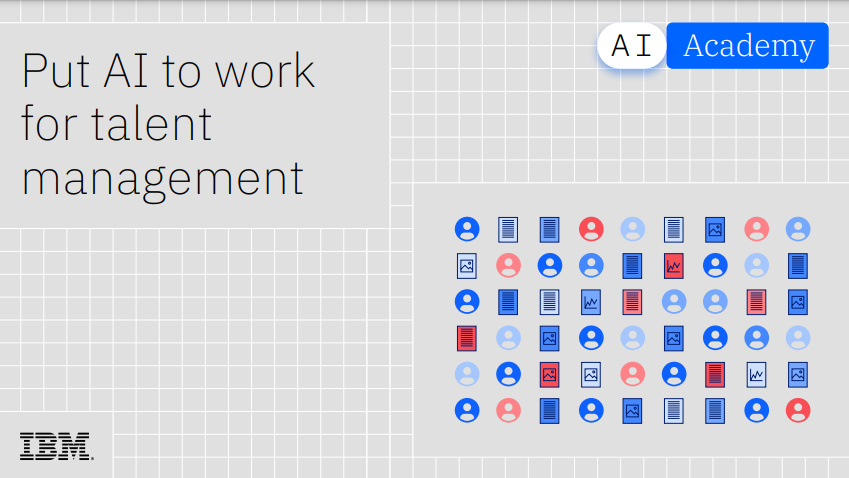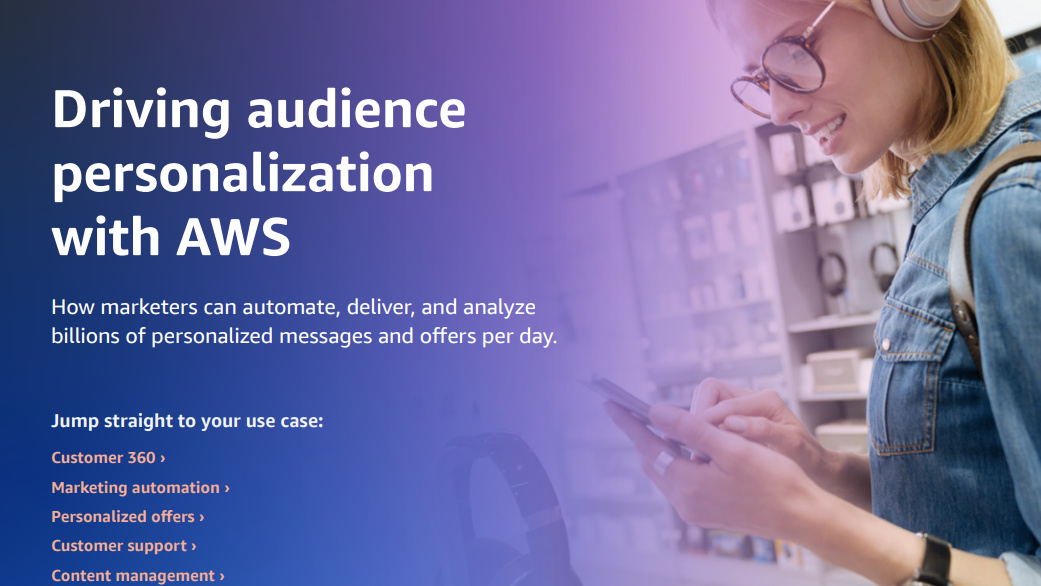Addressing the data literacy problem in the financial services sector
Paul French, director of Business Intelligence at Nationwide, explains to IT Pro 20/20 how financial expertise does not always mean data expertise

The following article originally appeared in Issue 12 of IT Pro 20/20 as part of a new series that invites industry experts to give their take on some of the most pressing issues facing businesses today. To sign up to receive the latest issue of IT Pro 20/20 in your inbox every month, click here. For a list of previous issues, click here.
Historically, the financial services sector has struggled to realise the benefits data can offer. Despite awareness from business leaders that access to the right data at the right time can accelerate business value, the sector often falls behind, in part due to a persistent digital and data skills gap.
Even when businesses have equipped people with the tools to effectively integrate data, financial services organisations haven’t always trained people with the requisite skills to understand it.
Our industry faces two significant challenges to data literacy. The first is to break a perception that we implicitly understand data because we deal with financial matters. The reality is that while we can use structured reports or dashboards to accurately measure what has happened, we generally do less exploration to understand why things happen. The second challenge is overcoming the embarrassment from colleagues throughout the business of asking for or accepting help when it comes to interpreting and acting on data.
If we want our industry to keep up with consumer demand and remain competitive, a cultural shift in attitudes toward data needs to take place – and we have to put people at the heart of it.
That’s why at Nationwide, we’ve embarked on a programme that is helping us make a shift towards a data-driven culture, where every employee is empowered to embrace data in decision-making. Our Business Intelligence (BI) team has implemented an approach, with our partner Qlik, that aims to help all employees become ‘Fit to Fly’ when working with data, helping them make decisions through self-service analysis and reporting.
Expanding data access
The first pillar of activity we embarked upon as part of the ‘Fit to Fly’ approach was raising awareness of the importance of data and how it can be a productive tool to help employees improve their decision-making. From creating drop-in days where we showcase our analytics tools, to setting up ‘data speed dating’ sessions to explore new ways of working and troubleshoot any challenges, the process not only helped us improve the perception of data in our organisation, it critically also helped us better understand the challenges employees were facing. This process validated our belief that a huge portion of our team’s time was being spent on preparing data rather than providing insights from it, but we also learnt that some people just weren’t especially confident using the data they did have.
Get the ITPro daily newsletter
Sign up today and you will receive a free copy of our Future Focus 2025 report - the leading guidance on AI, cybersecurity and other IT challenges as per 700+ senior executives
This learning then informed our next objective, to make analytics-ready data accessible to those that need it. By democratising access to our analytics applications, we were able to put the power to self-serve data insights into the hands of all our employees – not just the BI team.
RELATED RESOURCE

Don’t just educate: Create cyber-safe behaviour
Designing effective security awareness and training programmes
With the appetite for data use growing, we also needed to find a consistent way of visualising data sets. If the same data is presented differently in every meeting, it can easily feel like you’re starting at zero every time.
To overcome this challenge, we established a Visual Vocabulary application based on the Financial Times model that breaks down visualisations into logical categories, essentially acting as a ‘menu’ of what our analytics teams can produce. For business stakeholders, it helps us identify the most appropriate way to visualise data and derive insight, and for developers, it’s a technical timesaver that aids design consistency.
Home-grown experts
Our data team also includes a smaller group that is dedicated to driving and maintaining adoption of our solutions. Where the team see a reduction in usage, they will make an intervention, which could be a call, arranging a solution review, or just inviting colleagues to one of our weekly drop-in sessions. The team develop and deploy learning aids that are short, punchy and easy to consume and use existing engaged business users to record video learning clips, with the benefit of the explanation and learning being in a language their colleagues understand, not “data speak”.
To encourage teams to be more collaborative with data, we also have an accreditation programme that nurtures highly skilled employees as ‘platinum level Qlik-experts’, who understand both the technology and our data strategy. This gives them more freedom, helping them become ambassadors of change and fostering knowledge-sharing throughout the organisation.
-
 Bigger salaries, more burnout: Is the CISO role in crisis?
Bigger salaries, more burnout: Is the CISO role in crisis?In-depth CISOs are more stressed than ever before – but why is this and what can be done?
By Kate O'Flaherty Published
-
 Cheap cyber crime kits can be bought on the dark web for less than $25
Cheap cyber crime kits can be bought on the dark web for less than $25News Research from NordVPN shows phishing kits are now widely available on the dark web and via messaging apps like Telegram, and are often selling for less than $25.
By Emma Woollacott Published
-
 Alteryx unveils double leadership appointment in fresh growth drive
Alteryx unveils double leadership appointment in fresh growth driveNews Alteryx has announced the appointments of Jon Pexton as chief financial officer and Steven Birdsall as chief revenue officer.
By Daniel Todd Published
-
 Three-quarters of data analysts are still reliant on spreadsheets and manual preparation – but AI tools are now transforming the profession, boosting productivity, and supercharging efficiency
Three-quarters of data analysts are still reliant on spreadsheets and manual preparation – but AI tools are now transforming the profession, boosting productivity, and supercharging efficiencyNews Data analysts are still largely reliant on spreadsheets and manual preparation techniques, but AI and automation are shaking things up.
By Solomon Klappholz Published
-
 Put AI to work for talent management
Put AI to work for talent managementWhitepaper Change the way we define jobs and the skills required to support business and employee needs
By ITPro Published
-
 More than a number: Your risk score explained
More than a number: Your risk score explainedWhitepaper Understanding risk score calculations
By ITPro Published
-
 Automate personalization with AWS
Automate personalization with AWSWhitepaper How marketers can automate, deliver, and analyze billions of personalized messages and offers per day
By ITPro Published
-
 How LaLiga championed big data to transform data analytics in sport
How LaLiga championed big data to transform data analytics in sportCase Study Spain’s premier football division is hoping to transform not just football but sport as a whole with its data analytics efforts
By Elliot Mulley-Goodbarne Published
-
 Four data challenges holding back your video business
Four data challenges holding back your video businesswhitepaper Data-driven insights are key to making strategic business decisions that chart a winning route
By ITPro Published
-
 Creating a proactive, risk-aware defence in today's dynamic risk environment
Creating a proactive, risk-aware defence in today's dynamic risk environmentWhitepaper Agile risk management starts with a common language
By ITPro Published